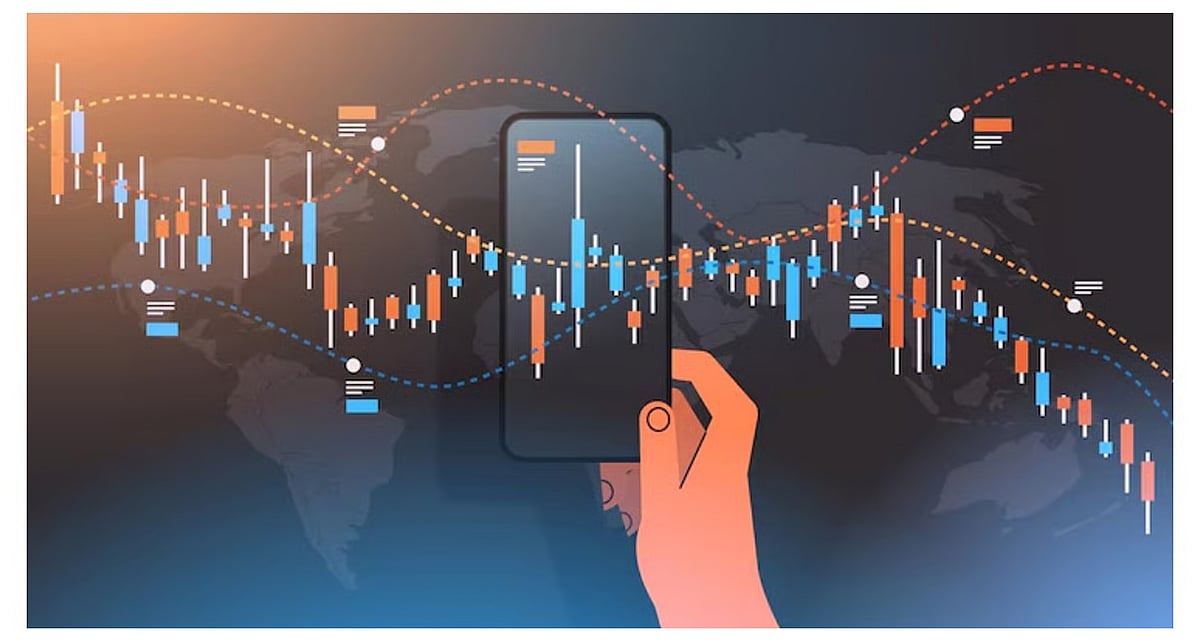Tata Motors is one of India's largest vehicle manufacturers, and the company enjoys quite a good market in the domestic as well as international markets. In general, the Tata Motors share price—like any other publicly traded company—is governed by internal and external factors. This would be of interest to investors who are eager to make informed decisions while trading on an online stock trading app.
Market Sentiment and Economic Indicators
Market sentiment and broader economic indicators are two main factors that will drive the share price of Tata Motors. Economic indicators relate to the growth rate of the economy in terms of GDP, inflation, and interest rates—these affect purchase power in the hands of consumers and thereby indirectly affect demand for automobiles. An economy that is faring well implies that the general population would spend on big-ticket items, like vehicle, thus reflecting in the share price of Tata Motors. Conversely, economic decline would drag the share price down since spending by consumers would be low.
Global Market Trends and Industry Performance
Tata Motors being a global market player, global trends also repair the impetus of this industry. For instance, if the exchange rate turns against it, if trade policies turn against it, and the global supply chain turns unfavourable, then all this translates into its bottom line directly. This could also have an effect on the stock price of the company in performance at the level of the whole auto sector through demand for EVs, changes in the regulation in this area, and technological development associated with the automotive sector.
Firm-Specific Determine Variables
Much of the major determinants of Tata Motors share price would relate to firm-specific factors, including quarterly earnings reports, significant new product introductions, or other strategy-driven initiatives. Naturally, good earnings reports and successful new models of automobiles will tend to raise investors' confidence, and, hence, the stock price is likely to increase. Conversely, the news of the delay of production and delivery of new cars will result in disappointments, as will news that vehicles have been recalled or that sales are dropping, also lowering the share price.
Other Events Beyond Control and Market Fluctuations
As mentioned before, the stock market is highly volatile, and share prices are tend to fluctuate upward and downward, due to political developments and changes in government policies, among others, where there is an element of surprise that the market may not have foreseen. All that has a rippling effect on the share price of Tata Motors. A geopolitical tension or change in fuel prices may, for example, ding the entire auto sector, including Tata Motors.
Investor Sentiment and Market Speculation
The last thing that can move the stock price of Tata Motors is investor sentiment and speculation in the market. This, again, will be based on the reports in the media, the analysis reports, or even trends in social media. These as a group may work in either the BUY mode or SELL mode and thus provide an upward or downward push to the stock price. Even unfounded rumours and bits of information may cause short-term fluctuations in the share price.
Conclusion
Of all other stocks, the share price of Tata Motors is affected by the most complex interplay of market sentiments, global trends, industry performance, company-specific factors, events, and investor sentiments. Getting a grip on these could help an investor in making informed decisions to better manage the dynamic nature of the stock market.
Disclaimer: This is a syndicated feed. The article is not edited by the FPJ editorial team.










